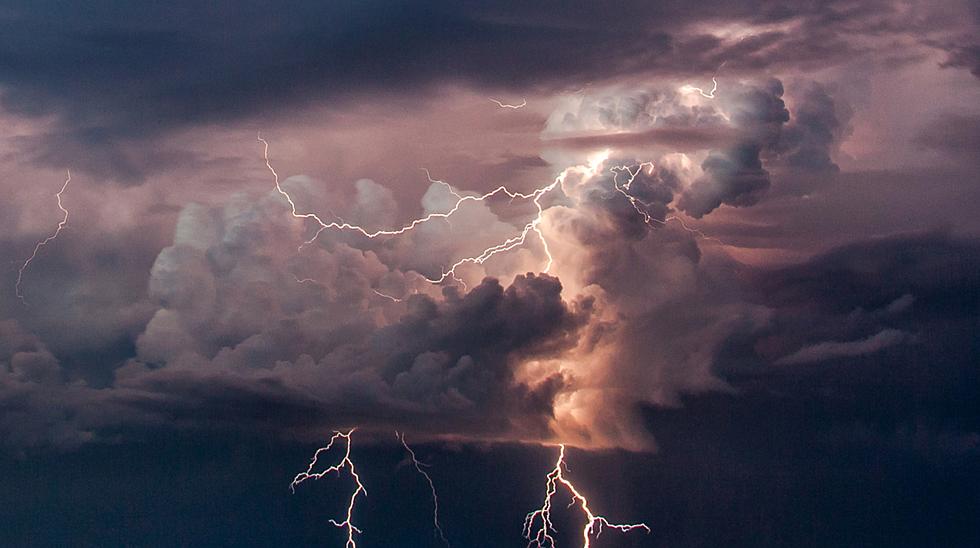
Here’s How the “30-30 Rule” May Save Your Life During a Northland Thunderstorm Season
Men are 5 times more likely to be struck by lightning than women. Are we 5 times more unlucky, or is this some sort of sick karma? Perhaps, but a better explanation is that more men work (and play) outdoors than women. There are exceptions to every rule, and yes, men are definitely more stubborn than women. We will play all 18 holes even if it kills us. But there are steps you can take to lower the risk and live to fight another day.
Behold, the "30-30 Rule", which just might keep you out of trouble, so you can live to tell future great grandkids about your close encounter with a bolt from the blue.
According to our friends at NOAA, the 30-30 Rule breaks down into 2 parts. If you can count 30 seconds between seeing the flash of lightning and hear the bang of thunder, the storm is 6 miles or less away, and it's time to seek shelter in any building or even your vehicle. You can be struck by lightning from a storm on the horizon, as much as 6-10 miles away. It's rare, but people have been struck by lightning with blue sky overhead. Thus the expression: "bolt from the blue".
It turns out the most dangerous times during a thunderstorm are at the very beginning, and at the tail-end of a storm, when it's it not raining. But just because rain isn't falling doesn't mean the lightning threat is over!
When 30 minutes has elapsed from hearing the last clap of thunder, it should be safe to go outside again. You don't want to push your luck. Common sense goes a long way, and it's often the people who "push the weather" who live to regret it.

NOAA has a good list of what to do - and what not to do during a severe electrical storm. Again, the goal is to get into a building or car. Do not hide under a tree. A lake or beach is a very bad place to ride out a thunderstorm. A storm doesn't have to be severe to be deadly. By definition every thunderstorm produces lightning, which claims an average of 28 lives every year in the US, according to the Centers for Disease Control.
Remember, you may have plans and a schedule to keep - but Mother Nature always bats last. My goal: don't tempt fate - don't push your luck with forces beyond your control.
Enjoy our amazing summers, but don't forget the 30-30 Rule!
Lightning Facts vs Myth
Gallery Credit: Paty Quyn
